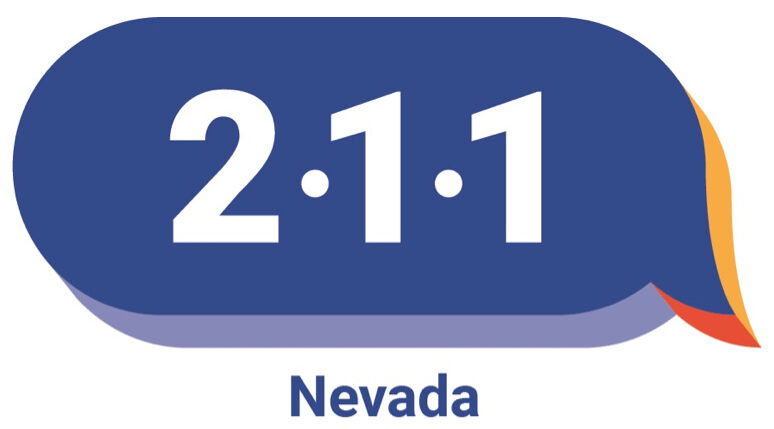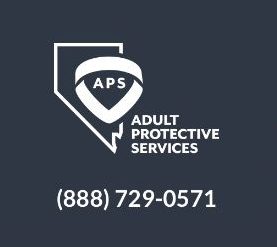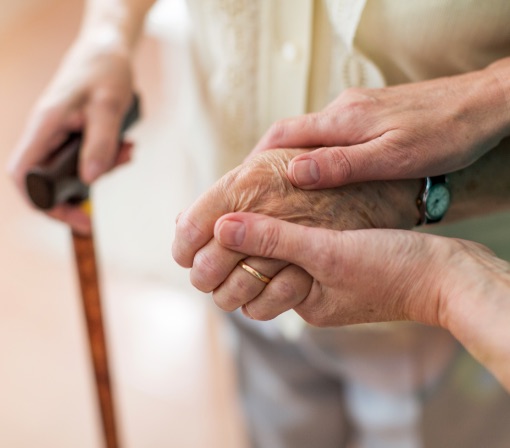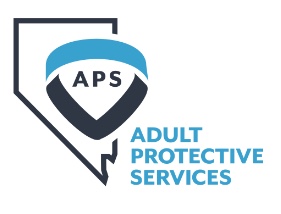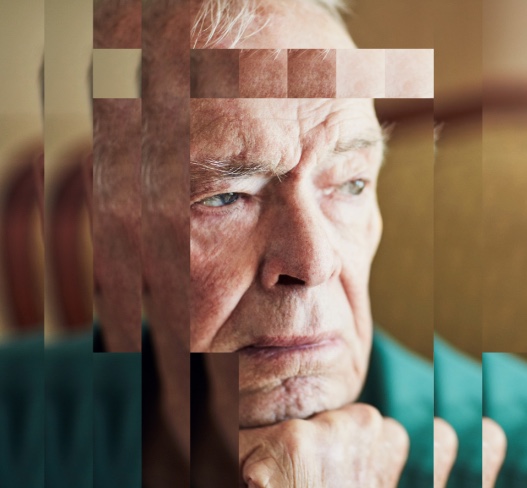ADULT PROTECTIVE SERVICES (APS)
Aging and Disability Services Division (ADSD), Adult Protective Services (APS) receives and investigates statewide reports of abuse, neglect, self-neglect, exploitation, isolation and abandonment for vulnerable adults, age 18-59, in addition to persons 60 years and older, collectively referred to as vulnerable adults.
Vulnerable adult abuse is a crime – If the APS worker believes that a crime has been committed against a vulnerable adult, a referral is made to the appropriate law enforcement agency for possible investigation and prosecution.
